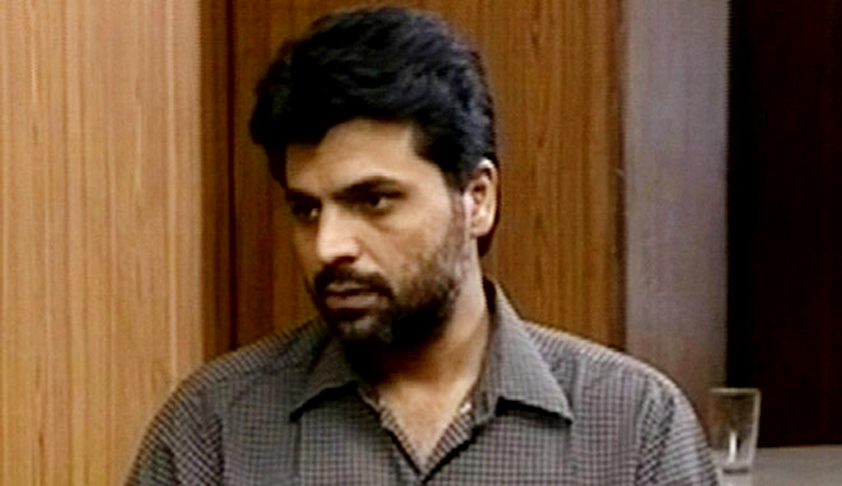Yakub Memon challenges the Death Warrant in SC pleading violation of Procedure
Apoorva Mandhani
23 July 2015 7:06 PM IST

Next Story
23 July 2015 7:06 PM IST
Yakub Memon, convicted in the 1993 Mumbai serial blasts, has now approached the Supreme Court challenging the death warrant for his execution which is scheduled on July 30. According to his new plea the Death warrant is illegal because it didn't follow proper procedure prescribed by the Supreme Court in Shatrughan Chauhan & Anr. v. Union of India & Ors.. In this Judgment Supreme...
